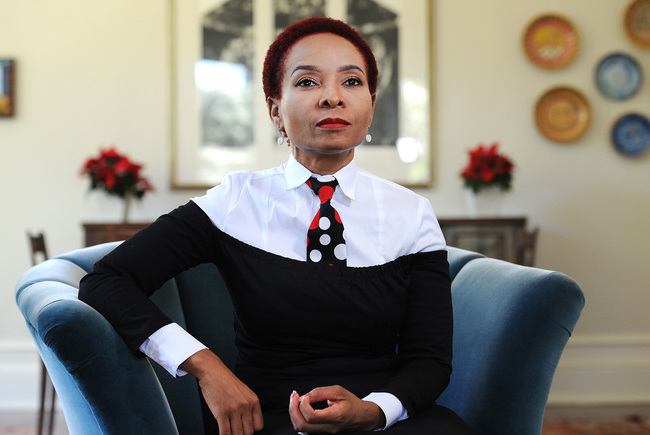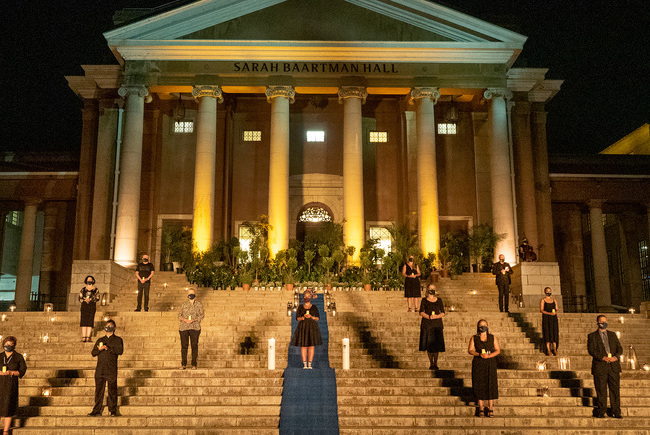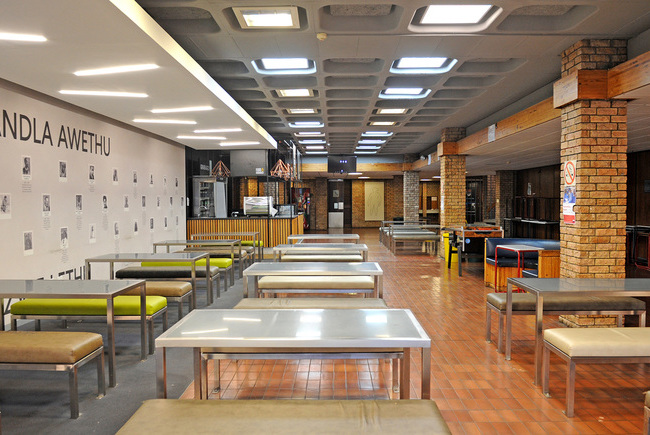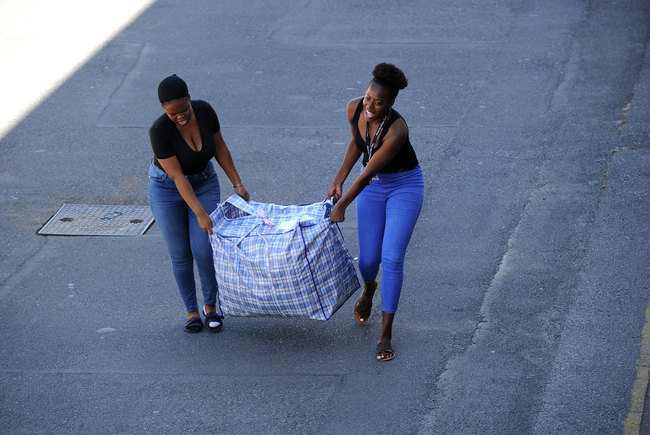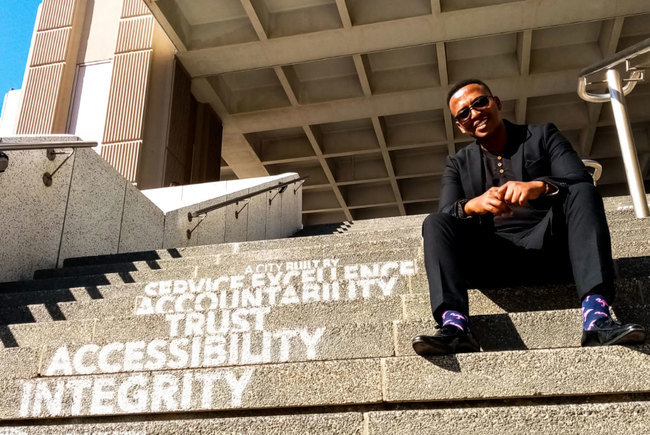How you can help unleash the new global university
23 June 2020 | From Kgethi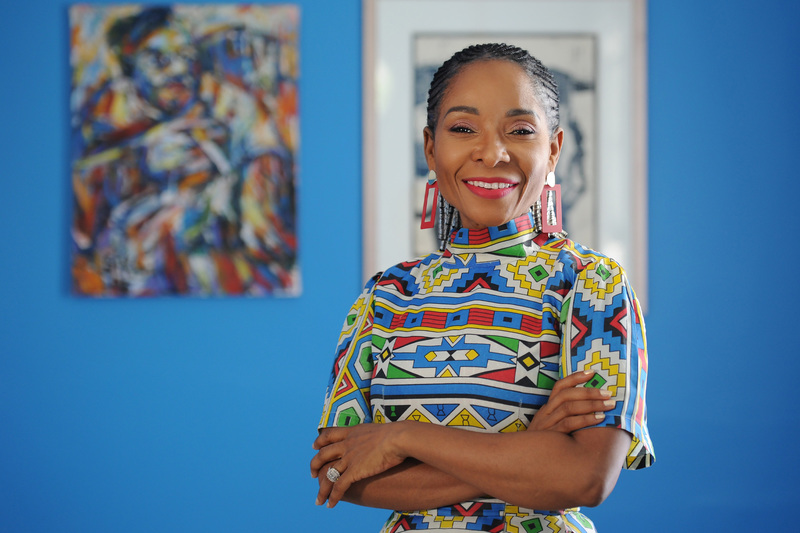
Dear colleagues and students
On Monday, 29 June, the University of Cape Town (UCT) will host the first of a series of virtual events: Unleashing the New Global University.
This time of extraordinary global crisis – combining the pandemic with protests about race and gender inequality – presents an opportunity to rethink how we can do things differently as a university. Not just within our current geographical space but around the world.
Universities around the world have had their international activities brought to a halt by COVID-19. International students have returned home, conferences have been cancelled or postponed, research that required travel has seen at least a pause, if not a complete rethink.
But this model of internationalisation was already failing because it reinforced inequality. Which groups of people are most able to travel around the world to attend academic conferences and meetings? Which kinds of students are able to take up the exciting and career-advancing opportunities of international experiences? It is surely those from wealthier backgrounds and institutions, mostly in the global north, mostly without primary childcare responsibilities.
The current model also has an impact on the planet. While most universities claim to value sustainability, few have translated that into action when it comes to travel.
These issues of inequality and sustainability are at the heart of UCT’s values and our proposed Vision 2030 for UCT. We are well placed to lead this conversation: while we are far more challenged by the requirements of internationalisation than our wealthier partners in the global north, we are better able to play in these international waters than most other institutions in the country and on the continent.
Truth is that we can’t solve the problems alone. We need to persuade our partners to see the challenges for what they are, to help us think through solutions, and to have the political will to change with us.
I urge you to join our challenging conversations; send in your questions before and during the events, drive the discussions we hope to generate on social media (#newglobaluni) and forward the invitation to your friends and collaborators on the continent and elsewhere in the world.
- Read the news article to find out more:
‘It’s time to rethink the global university’. - Register for the first event:
‘Academic conferences: how virtual can we go?’.
It is not easy to rethink a model that has become so entrenched, but if ever there was a moment to do so, it is now.
With kind regards,
Professor Mamokgethi Phakeng
Vice-Chancellor
Read previous communications:
 This work is licensed under a Creative Commons Attribution-NoDerivatives 4.0 International License.
This work is licensed under a Creative Commons Attribution-NoDerivatives 4.0 International License.
Please view the republishing articles page for more information.
UCT’s response to COVID-19 in 2021
COVID-19 is a global pandemic that caused President Cyril Ramaphosa to declare a national disaster in South Africa on 15 March 2020 and to implement a national lockdown from 26 March 2020.
UCT is taking the threat of infection in our university community extremely seriously, and this page will be updated regularly with the latest COVID-19 information. Please note that the information on this page is subject to change depending on current lockdown regulations.
Commemorating a year of COVID-19
At midnight on 26 March 2020, South African went into the first nationwide hard lockdown. A year later, we remember those who have died and those who have been affected by COVID-19, as well as the pandemic’s effects across society and campus. We are especially grateful for the front-line health workers who have done so much for so many.
Frequently asked questions
In an email to the UCT community, Vice-Chancellor Professor Mamokgethi Phakeng said:
“COVID-19, caused by the virus SARS-CoV-2, is a rapidly changing epidemic. [...] Information [...] will be updated as and when new information becomes available.”
We are continuing to monitor the situation and we will be updating the UCT community regularly – as and when there are further updates. If you are concerned or need more information, students can contact the Student Wellness Service on 021 650 5620 or 021 650 1271 (after hours), while staff can contact 021 650 5685.





